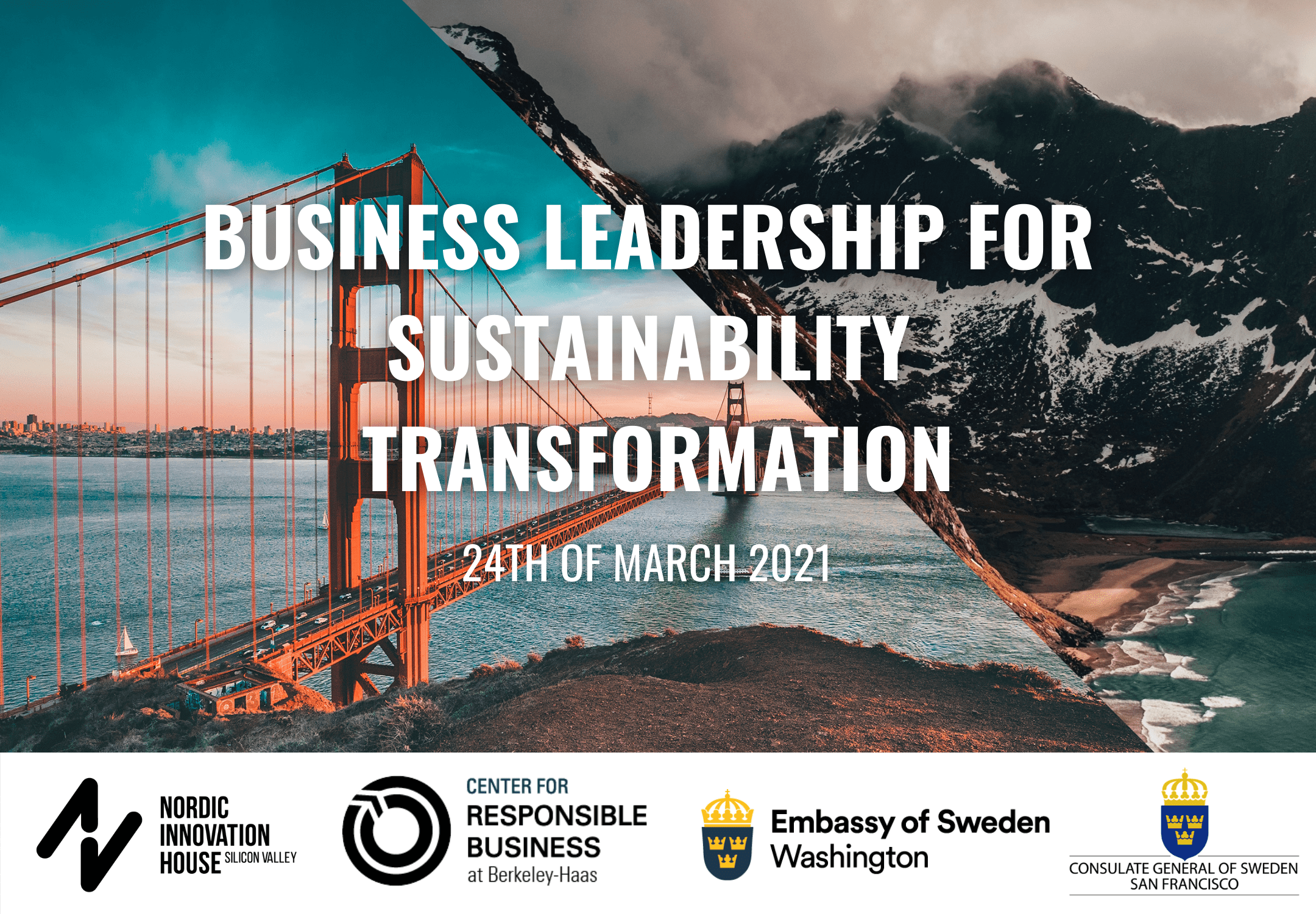2017 Moskowitz Prize Winner: Who Benefits From Socially Responsible Governance?

By Nuria Marquez Martinez, Masters of Journalism candidate & CRB Editorial Writer
In 1970, Milton Friedman wrote an op-ed in The New York Times Magazine which argued that the primary role of a corporation was to serve its shareholders, and increase its profits. Friedman argued that this was the best way for a business to be socially responsible, anything else would be too inefficient.
This is the essay that Bryan Hong cites as he describes the inspiration behind “Corporate Governance and the Rise of Integrating Corporate Social Responsibility Criteria in Executive Compensation: Effectiveness and Implications for Firm Outcomes”, the winning paper of this year’s Moskowitz Prize which examines the adoption of corporate social responsibility (CSR) contracting and how it affects firm-level outcomes. Hong is the co-author of the paper along with Caroline Flammer and Dylan Minor.
The paper examines the implications of linking executive compensation to social and environmental responsibility and shows that CSR contracting has a positive impact on financial performance and can be used as an effective governance tool. Those businesses which have “adopted CSR contracting improved their environmental and social performance, especially with respect to the natural environment and local communities,” said Flammer in an email.
According to Flammer and Hong, these findings relied on nine months of digging through ten years of FCC filings from the biggest corporations in the country. Aside from the results of the research, the database that the team built is itself an innovation in the field.
“We sometimes see papers that are analytically elaborate, but have data limitations,” said faculty co-chair, Lloyd Kurtz. He admires the work put into this database, the first of its kind. “That took a lot of work, but it paid off because they were able to draw some empirical connections that we hadn’t seen before.”
Flammer was most surprised by how prevalent CSR contracting was among the S&P 500 corporations. According to their research, in 2004 only 12% of the firms had adopted CSR contracting. By 2013, this ratio increased to 37%. These numbers matter when thinking about the implications of this research. Even though there’s been a substantial increase in CSR contracting, not much is known about the effects it has on company output and the communities it serves.
“No matter how good our intentions, we need to have a clear understanding of what works and what doesn’t,” said Kurtz. This paper provides not only an understanding but clear guidelines to a growing trend within corporations.
The paper specifically focuses on the role of the ‘financially material but less salient stakeholders’ like the natural environment and communities that interact with the corporations in some way but do not have the necessary power to make their claims heard and enact change in the corporation.
“Managers may ignore them absent of proper incentives,” said Flammer. According to their findings, CSR contracting would benefit these stakeholders directly. The team, Flammer, Hong, and Minor are looking forward to further developing their database and to have clearer insight into the implications and applications of this governance tool.
They will receive the award at the 28th annual SRI Conference in San Diego where Flammer and Kurtz will be discussing this and other relevant research in the responsible investment industry. Since 1996, the Moskowitz Prize aims “to draw attention to first-rate research that casts light on the tough questions. We’re trying to bring data and analytical clarity to conversations that were once primarily ideological,” said Kurtz.
The 2017 Moskowitz Prize is generously sponsored by Bailard, Calvert Research and Management, First Affirmative Financial Network, Neuberger Berman, Trillium Asset Management, and Wells Fargo Private Bank.


